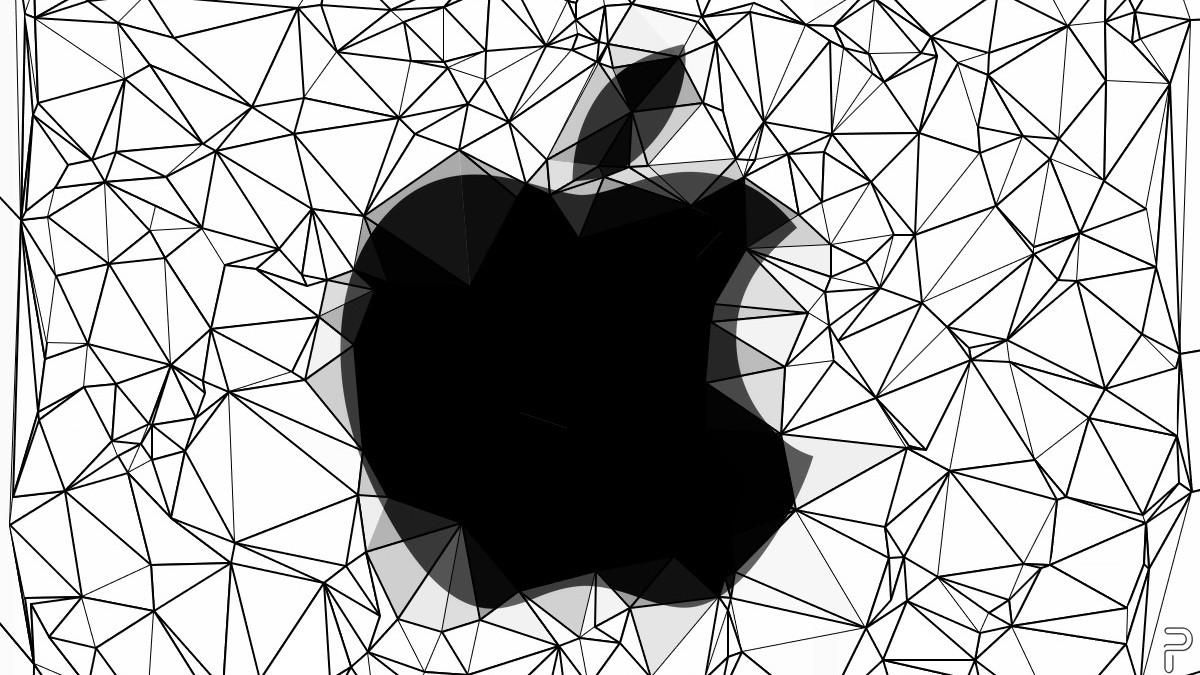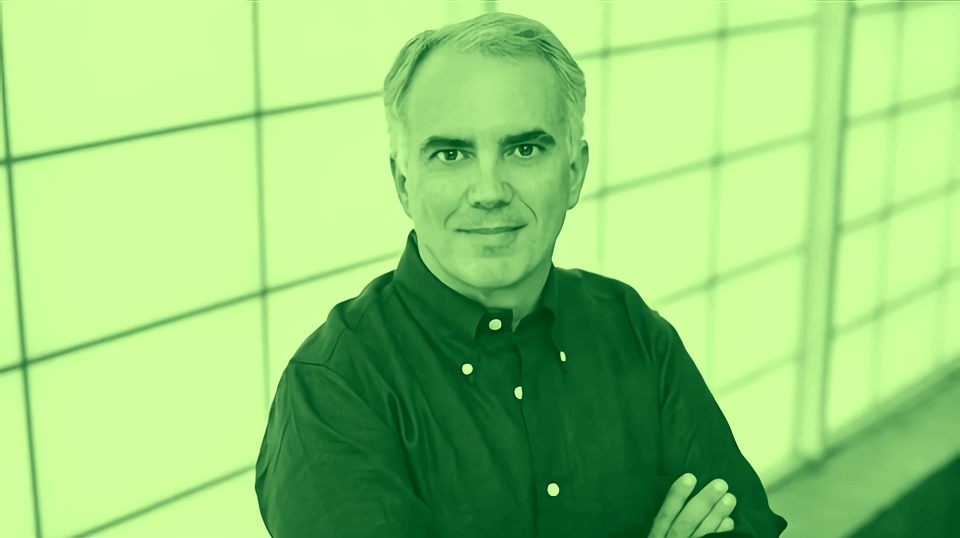The Epic vs Apple trial last month was not just a legal tussle between two cash-loaded companies vying for control over their respective products. It attracted top executives from each company to testify, uncovered a treasure trove of surprising findings, but most importantly, it revealed that there is a visible schism in the industry regarding the way Apple controls and conducts business via App Store. Music streaming giant Spotify took the stand against Apple following its long history of resentment over the ‘Apple Tax’ and how it creates an uneven playing field. In the heat of all this court drama, Spotify legal head Horacio Gutierrez penned an article in which blasted Apple for being a monopolist and acting akin to a ruthless bully.
Basically, restore the situation to the way it was before their anti-competitive abuse started
Gutierrez recently sat down for an interview with TheVerge and shed more light on where his criticism originates from, and why Apple should be investigated for anti-competitive conduct over its unfair business practices. When asked what should change in the aftermath of Epic’s legal showdown with Apple, here’s what the Spotify executive said:
“So it’s actually quite simple. We want Apple to go back to the situation that existed at the time when we joined the App Store. We want them to undo the tying of their proprietary payment system to the App Store and all of the other anti-steering provisions, which is a fancy way of saying punishments and penalties that they’ve created for those people who do not want to use their proprietary payment system. Basically, restore the situation to the way it was before their anti-competitive abuse started.”
Horacio Gutierrez – Head of Global Affairs and Chief Legal Officer at Spotify
Following a complaint filed by Spotify alleging Apple of anti-competitive behavior, the European Commission announced in April that it is going to investigate Apple for anti-trust violations, exploiting its dominant market position, stifling competition, and limiting the number of choices available to users. Apple was specifically targeted for its 30% App Store fee, how it forces the developers to pass the high cost to end-users, while Apple’s own competing services are exempt from it and gain an unfair advantage.
“It is clear to me that when it comes to their policies on app stores and the way in which they’re treating [not just] competing apps, but a whole variety of apps on their App Store, is just unfair, and I think it deserves regulatory attention and I think they’re getting regulatory attention for it,” Gutierrez added.
At long last, governments around the world have seen past Apple’s facade and are beginning to act in the interests of innovators and consumers. But urgent action is needed. https://t.co/aJy7Gfzpci via @WSJOpinion
— Horacio Gutierrez (@horaciog) May 17, 2021
The head of Spotify’s legal efforts also didn’t mince words in calling out what he thinks is the abusive use of unrestrained power, even in situations where Apple didn’t have any competition in the first place. “When a company with this amount of power decides that they’re going to forbid competition in areas where they really didn’t have a position [in] before, they’re doing it because they have the power to do it. It is not the market economy system that we want to have in this country and that other countries want to have, and it is not right,” he added.
While Apple awaits the court’s verdict in its battle with Epic Games – which erupted over bypassing the mandatory App Store payment rules that secure Apple a 30 percent cut for all in-app transactions – it also has to face increasing pressure from regulators in the EU. If found guilty, the company could be fined billions of dollars by the European Commission. But more importantly, Apple will face more pressure to relax or tweak its App Store norms, especially those that govern in-app payments, and the way in which is said to serve as a ‘gatekeeper’ to its ecosystem of products.


